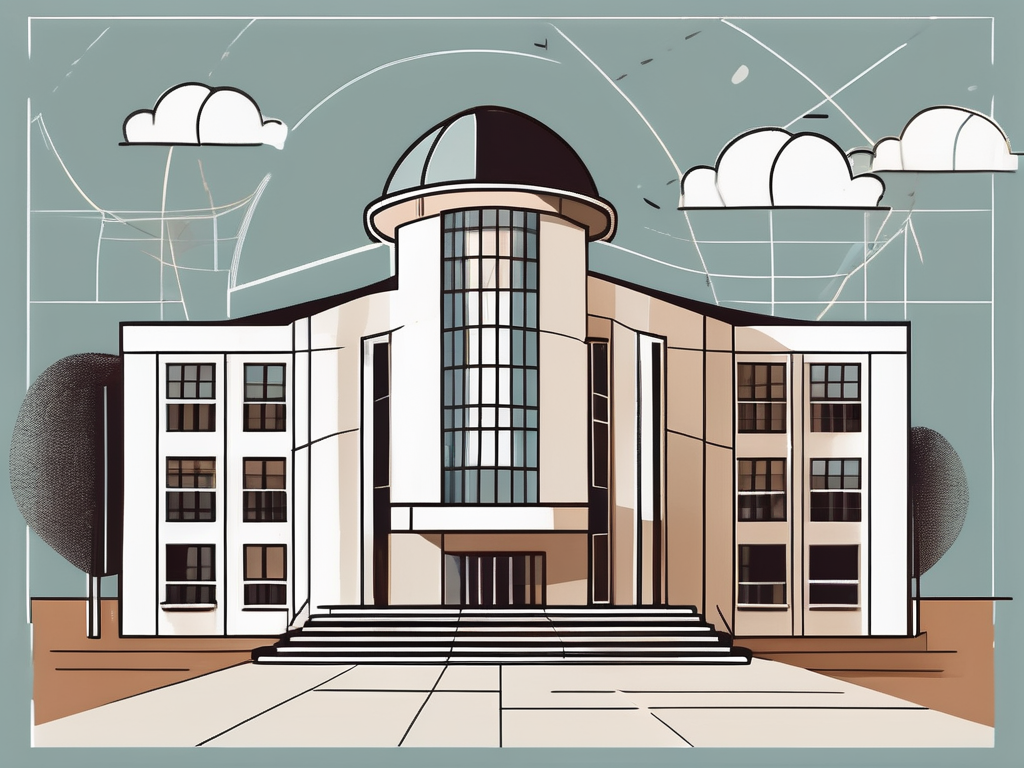Essential Qualifications for Teaching in International Schools in Estonia

Estonia, a country known for its advanced digital society and high-quality education system, is an increasingly popular destination for international teachers. The country’s international schools offer a diverse and challenging environment for educators from around the world. However, landing a teaching job in these esteemed institutions requires certain qualifications and skills. In this comprehensive guide, we’ll delve into the essential qualifications for teaching in international schools in Estonia.
Academic Qualifications
First and foremost, let’s talk about the academic qualifications. These are the bedrock of any teaching career, and international schools in Estonia are no exception.
Typically, a Bachelor’s degree in Education or a related field is the minimum requirement. This is akin to the foundation of a house, providing the basic knowledge and skills required for teaching. However, just as a house needs more than a foundation to stand, so too does a teaching career need more than a Bachelor’s degree.
Many international schools in Estonia prefer candidates with a Master’s degree or higher. This is like adding a second storey to your house, providing additional depth and breadth to your teaching skills. A Master’s degree in Education, or a related field, can make you a more attractive candidate to potential employers.
Furthermore, specific subject-related qualifications may also be required, especially for secondary school teachers. For example, if you’re planning to teach Mathematics, a degree in Mathematics would be highly beneficial. This is similar to having a specialised room in your house, such as a home office or a gym, which serves a specific purpose.
Teaching Certifications
Next, let’s discuss teaching certifications. These are akin to the permits and licenses you need when building a house. They demonstrate that you have met certain standards and are qualified to teach.
In many countries, including Estonia, a teaching certification or license from your home country is required. This certification is a testament to your teaching abilities and is often mandatory for teaching in international schools. It’s like having a building permit, showing that you have the necessary skills and knowledge to construct a safe and effective learning environment for your students.
Moreover, many international schools in Estonia prefer teachers with an International Baccalaureate (IB) teaching certification. The IB programme is popular in international schools worldwide, including those in Estonia. Having an IB certification is like having a specialised permit for installing solar panels or a green roof on your house. It shows that you have specific skills that are highly valued in the international school community.
Experience
Experience is another crucial factor. This is like the time and effort you put into building and maintaining your house. The more experience you have, the more attractive you are to potential employers.
Most international schools in Estonia require at least two years of teaching experience. This experience allows you to develop your teaching style, classroom management skills, and understanding of student needs. It’s like living in your house for a while, getting to know its quirks and features, and learning how to make it a comfortable and efficient place to live.
Experience with the IB programme is also highly valued. If you have taught in an IB school before, or have undergone IB training, you’ll have a significant advantage. This is like having experience with green building techniques or energy-efficient appliances. It shows that you’re familiar with the latest trends and best practices in education.
Language Skills
Finally, let’s talk about language skills. In a country where English is not the first language, these skills are as important as the tools and materials you need to build your house.
Obviously, a high level of English proficiency is essential. This is the primary language of instruction in international schools in Estonia. It’s like the bricks and mortar of your house, forming the basis of your teaching practice.
However, knowledge of other languages, especially Estonian or Russian, can be a significant advantage. These languages are widely spoken in Estonia, and having some proficiency can help you communicate better with students, parents, and colleagues. It’s like having a well-stocked toolbox, enabling you to handle a wider range of tasks and challenges.
Conclusion
In conclusion, teaching in international schools in Estonia requires a combination of academic qualifications, teaching certifications, experience, and language skills. Just like building a house, it’s a complex process that requires careful planning and preparation. However, with the right qualifications and skills, you can build a successful teaching career in Estonia’s international schools.
Remember, every school and every country is different. What works in one place might not work in another. Therefore, it’s important to do your research and understand the specific requirements of the schools and country you’re interested in. Good luck!
Elevate Your International Teaching Career with IPGCE
Ready to overcome the barriers to your international teaching career and join the ranks of esteemed educators in Estonia? IPGCE is your gateway to enhancing qualifications, securing more interviews, and propelling your career forward. With our International Postgraduate Certificate in Education, you’ll not only meet the stringent requirements of international schools but also enjoy a significant boost in promotion rates and salary. Embrace the opportunity to connect with a global professional community, gain a deep understanding of international curricula, and balance professional development with your teaching commitments. Don’t let inadequate credentials or isolation hold you back. Join the UK’s #1 Teacher Training Course today and transform your teaching journey!
